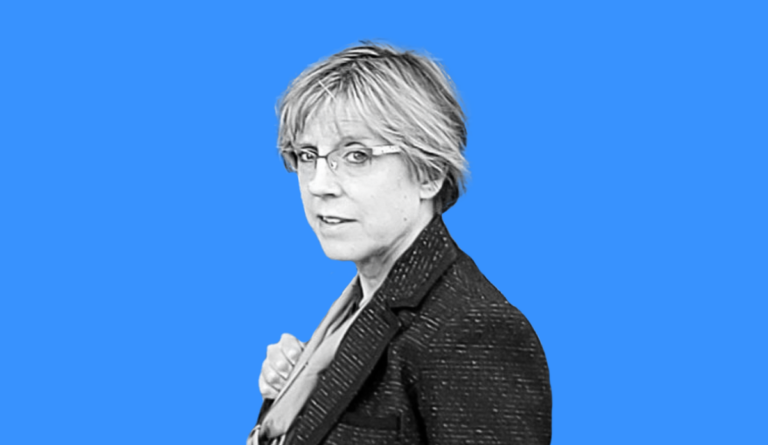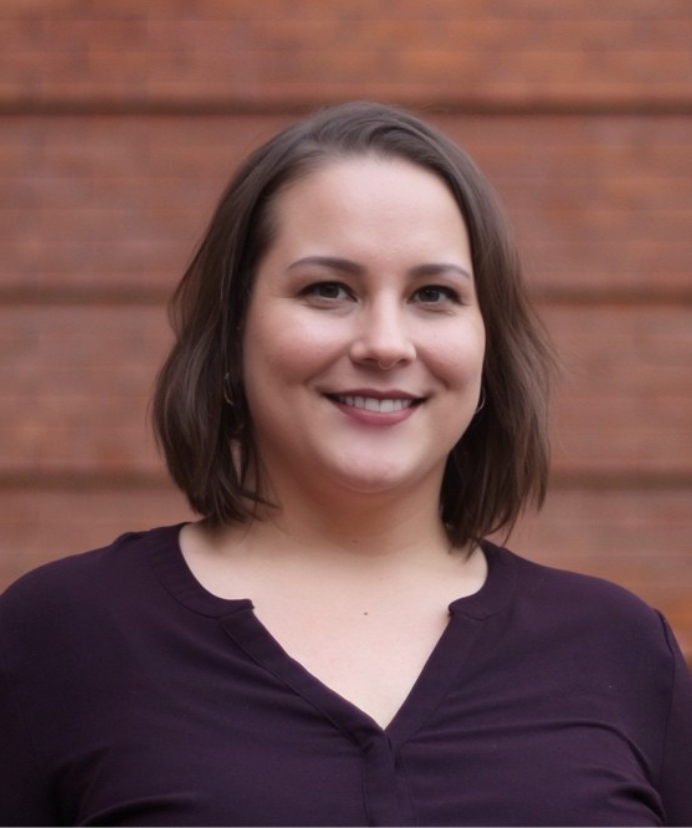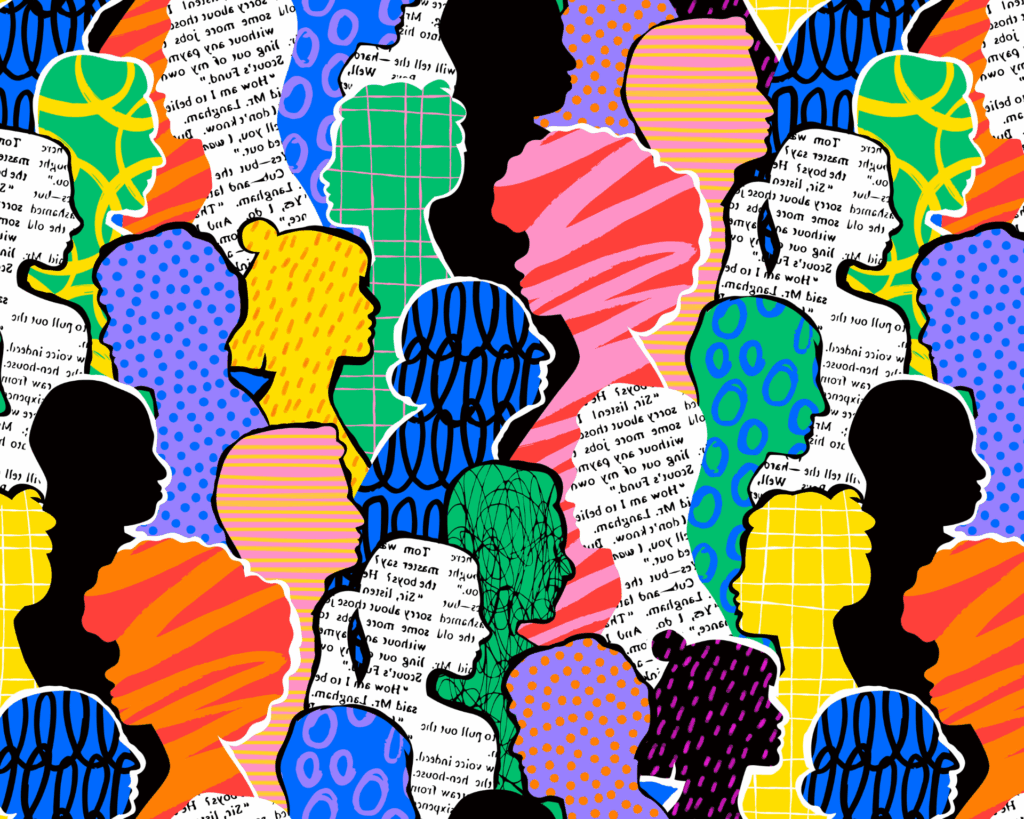Sondra Crosby
Sondra Crosby is a professor at Boston University School of Public Health and School of Medicine. She is internationally recognized as a medical expert in the evaluation and documentation of torture.

Read Time: 4 minutes
Published:
Sondra Crosby is a professor at the Boston University School of Public Health Center for Health Law, Ethics, and Human Rights, and the School of Medicine. She is a consultant on torture to Physicians for Human Rights and was a contributor to the recently published Istanbul Protocol, the international standard for the medical and legal documentation of torture.
“I never dreamed Guantánamo Bay would be open this long when I first went. And that I’d still be going down there 15 years later.”
Sondra Crosby is an internationally recognized medical expert in the evaluation and documentation of torture. Her expertise has been sought after around the world to investigate allegations of human rights violations, including her participation in the Bahrain Independent Commission of Inquiry and the medical evaluation of WikiLeaks founder, Julian Assange, at the Ecuadorian embassy in London.
But some of her most publicized work is investigating allegations of torture made by men held in CIA custody during the War on Terror. Several of these men continue to be held in the southeastern corner of Cuba at the Guantánamo Bay detention camp. Crosby remains one of the few civilian doctors permitted to independently evaluate detainees within the prison.
“I was initially asked to help review medical records for a law firm representing a Guantánamo Bay detainee on a hunger strike, along with Professor Michael Grodin,” says Crosby, reflecting on her journeys to Guantánamo beginning in 2006. “We were dismayed by the gross violations of medical ethics we uncovered. I was subsequently retained by defense counsel for other detainees to evaluate the effects of torture and force feeding.”
In 2008, she and colleagues at Physicians for Human Rights led the first investigation on the impact of the U.S. interrogation program on men who had been released from CIA custody. The physicians reported their findings in the first public document provided by medical experts detailing the “profound psychological, physical, and social effects of torture on these men.”
Crosby also served as an expert witness in Salim v. Mitchell. The case resulted in a legal settlement and remains the only successful case to date brought forward by former detainees against the CIA contract psychologists who designed the torture program.
She turns to discuss the role U.S. health professionals played as state agents of torture in the CIA, none of whom have been held accountable to date. “President Obama said to look forward and not backward, which really closed the door on accountability, but I have not given up on that yet. I see a future where physicians will be held accountable, although I am not optimistic it will happen anytime soon.”
Later hired by the Pentagon, Crosby has been serving as a court-approved, medical expert on torture in the protracted pretrial hearings in U.S. v. al-Nashiri. Her testimony in 2014 marked the first time a medical expert exposed the CIA’s systematic torture program in open court.
Her latest testimony was in February 2023 at a pretrial hearing to determine admissible evidence in the case. As the prosecution attempts to submit confessions made by al-Nashiri under torture, the defense team called on Crosby to testify about the lasting effects a specific method of torture used at CIA black sites has had on Abd al-Rahim al-Nashiri.
The tactic is a fake medical procedure masked by the name “rectal feeding,” where a tube is inserted into the anus to administer nutrients through the rectum. The “treatment” is medically proven to be ineffective. The New York Times reported her open testimony: “This was a very, very distressing, painful, shameful stigmatizing event … He experienced it as a violent rape, sexual assault.”
Crosby says to Public Health Post, “Guantánamo is symbolic of the United States’ fall from grace as a beacon of international human rights.”
A physician who has devoted her life to human rights, Crosby explains how she handles the personal toll her work can take: “The work at GITMO is very challenging, difficult, and isolating. Especially early on, it was viewed as controversial and political, so there was little institutional support and even pushback from colleagues. I have been accused of being a terrorist sympathizer. There are few people to talk to or debrief with because so much of the work is classified. It is a heavy burden and self-care is critical.”
Despite this challenge, Crosby will continue to use her medical skills and expertise to protect humanity in the dark corners of the world. “Exposing human rights violations such as torture is the first step to prevention and redress,” she says. “The prohibition on torture is absolute. There are no exceptions, even when politically and professionally unpopular. I will do this work until it is no longer necessary.”
Photo provided



